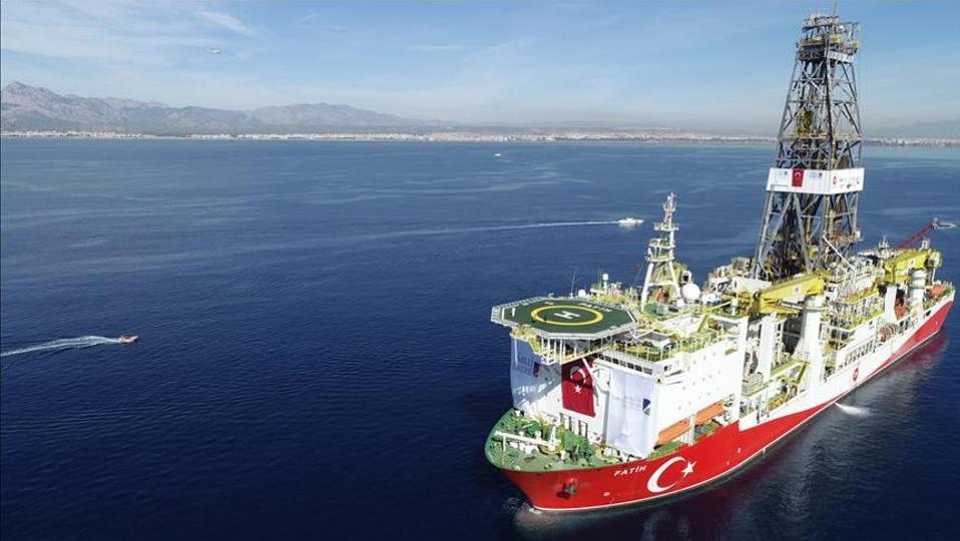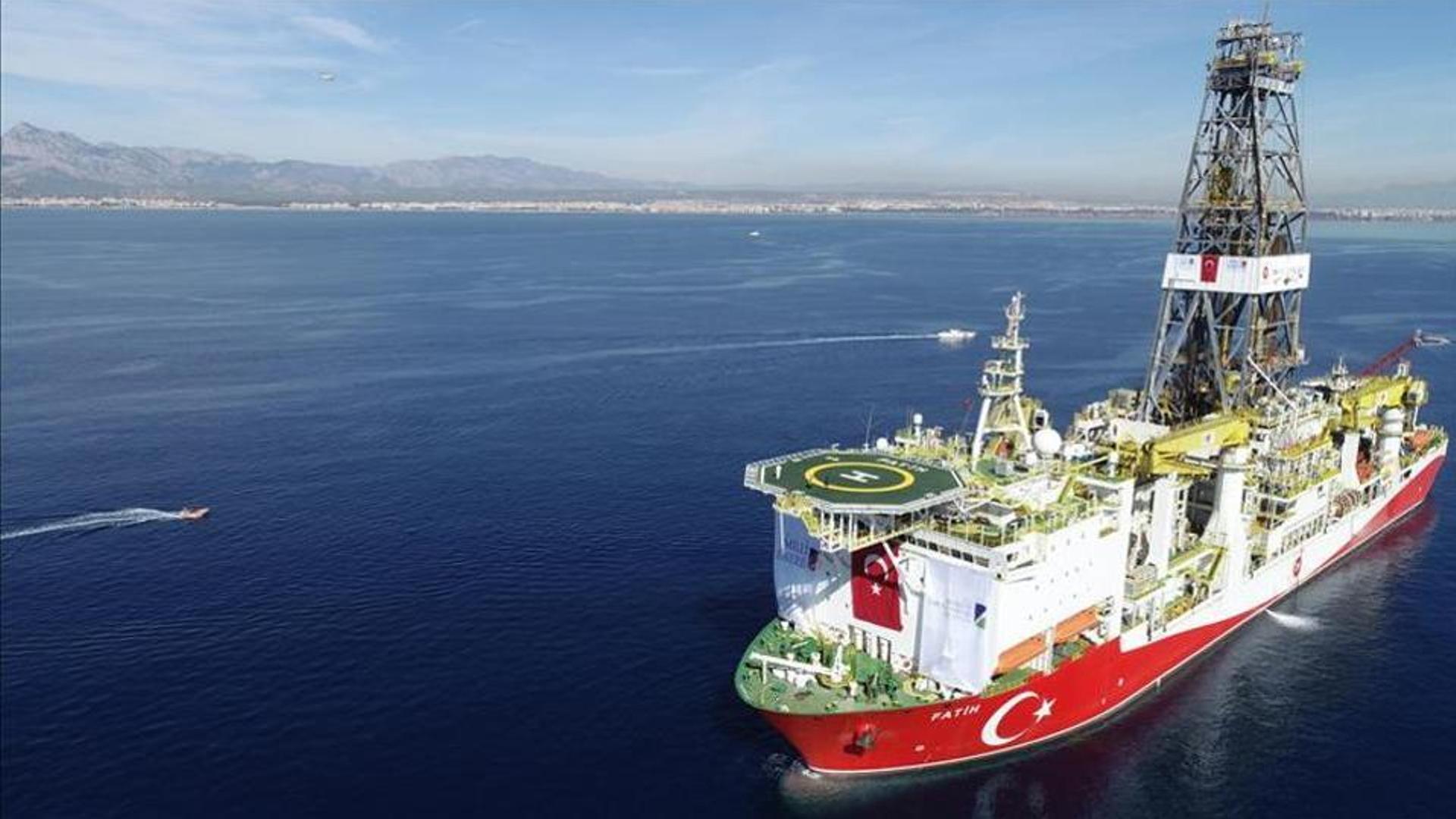
At least five countries are vying to find or lay claim to natural gas reserves in the eastern part of the Mediterranean Sea, a new flashpoint in a multilateral fight for energy security.
Egypt, Greece, the Greek Administration of Cypriot, Israel, Jordan, the Palestinian administration and Turkey all have shorelines along the Eastern Mediterranean, which sits atop substantial proven gas reserves.
In recent years, major offshore fields have been discovered such as Egypt’s Zohr, the Leviathan in Israeli waters and Calypso in the contested territory near the island of Cyprus.
The size of the finds can be gauged by the fact that Cairo and Tel Aviv are actively looking at ways to export excess gas.
Egypt’s Zohr field, the largest in the Mediterranean, is producing 2.7 billion cubic feet (bcfd) of gas per day – that one field alone is more than half of Pakistan’s total gas output.
Israel is aiming to start production from its Leviathan field in the next few months but the nation of 8.5 million people will likely end up with more gas than it can consume for years to come.
To deal with the possible glut, Israel plans to export gas to Egypt, which despite being a large producer itself still has the capacity to absorb imports and also has facilities to reexport Israeli gas to European customers.
Earlier this year, Egypt, Greece, the Greek Cypriot Administration, Italy, Israel, Jordan and Palestine signed a regional pact – the Eastern Mediterranean Gas Forum – to enhance cooperation in trade of energy.
On the other hand, Turkey, a major player in the region, has been excluded from regional maritime agreements including those that these countries have used to demarcate offshore gas blocks between themselves.
A major issue is the exploration work being carried out in the waters claimed by the Greek Cypriot Administration. The tiny island has been divided into two parts since the 1970s – one under the influence of Greece and the other inhabited by Turkish Cypriots.
Ankara says that Turkish Republic of Northern Cyprus (TRNC) must have a share in the offshore resources.
Turkey and the Greek Cypriot Administration have a long-running dispute on jurisdiction over the offshore oil and gas reserves.
The Greek Cypriot Administration has awarded exploration concessions to multinational companies in offshore regions west and southeast of the island without consulting with the TRNC.
Turkey has all along pushed for joint exploration but the Greek Cypriot Administration has rejected the idea, saying other issues must be settled before the prospect of joint drilling can be discussed.
The Greek Cypriots have also signed maritime agreements with Egypt and Israel but Ankara has refused to acknowledge them.
Last year, the Turkish military blocked Italian energy giant ENI’s drilling vessel, which had been contracted by Greek Cyprus to drill in the area.
Turkey has also ramped up efforts to find natural gas on its own. It has deployed seismic vessels and drilling ships and plans to increase the exploration activity.
The search for oil and gas reserves in high seas is an expensive proposition but for energy-deficient Turkey, it means a battle for survival.
Turkey, which depends entirely on energy imports, spends billions of dollars every year to buy gas and oil from other countries.










Discussion about this post